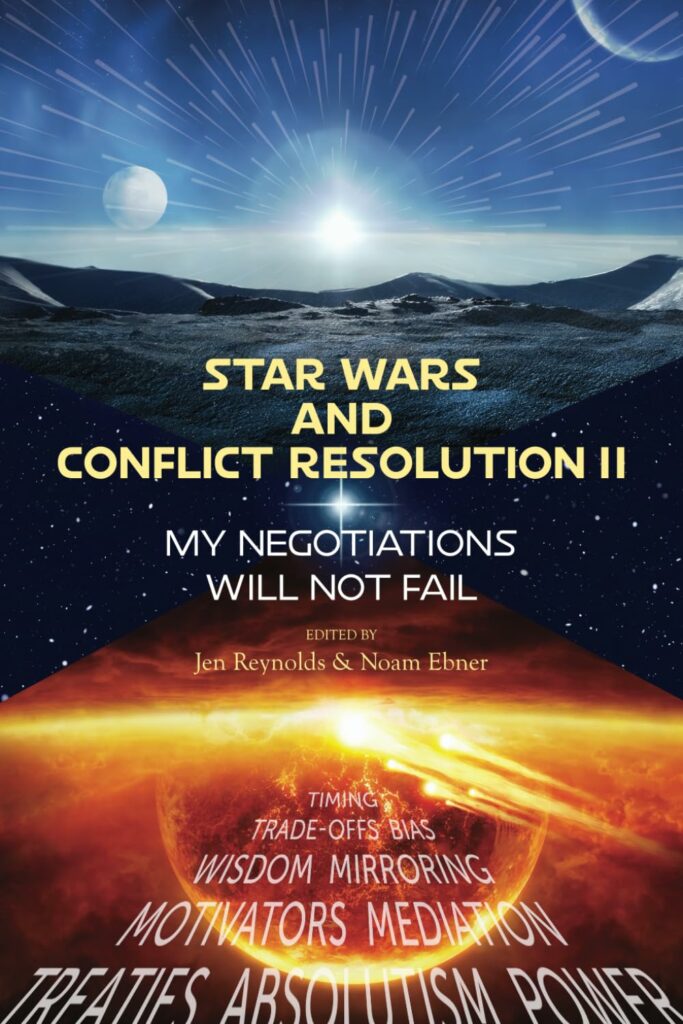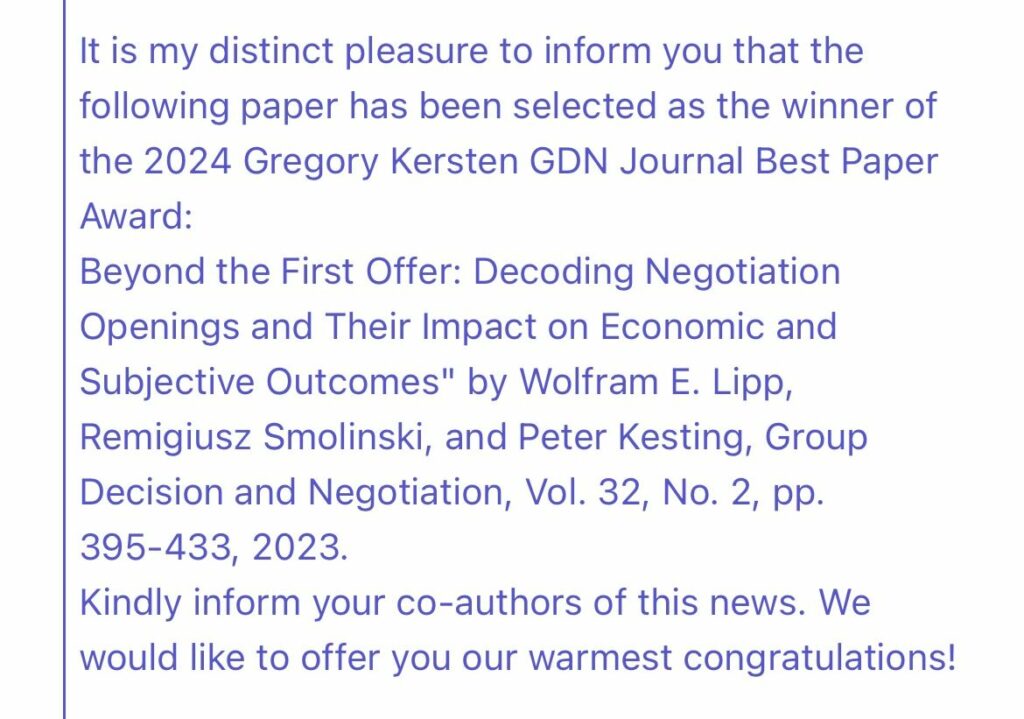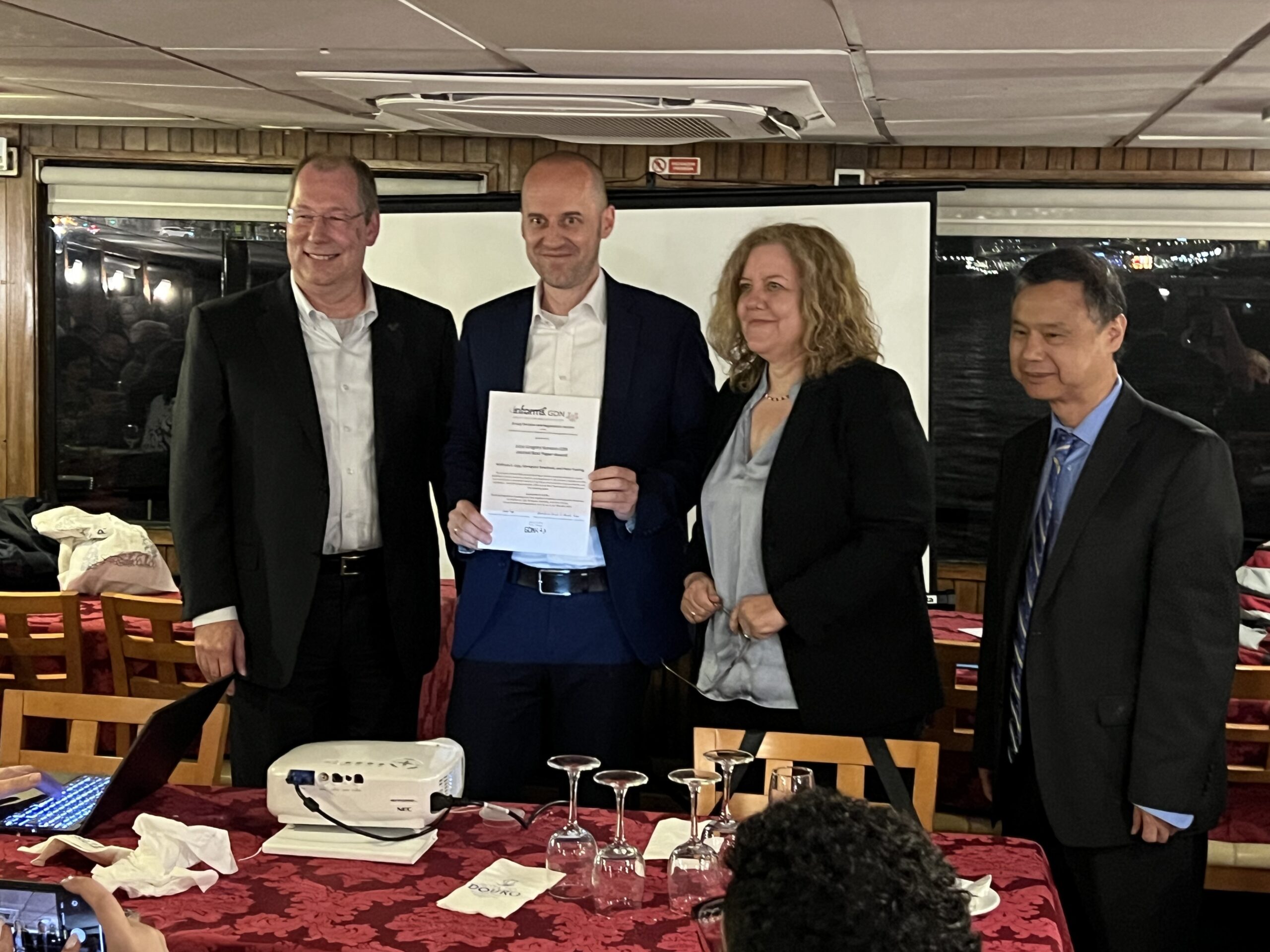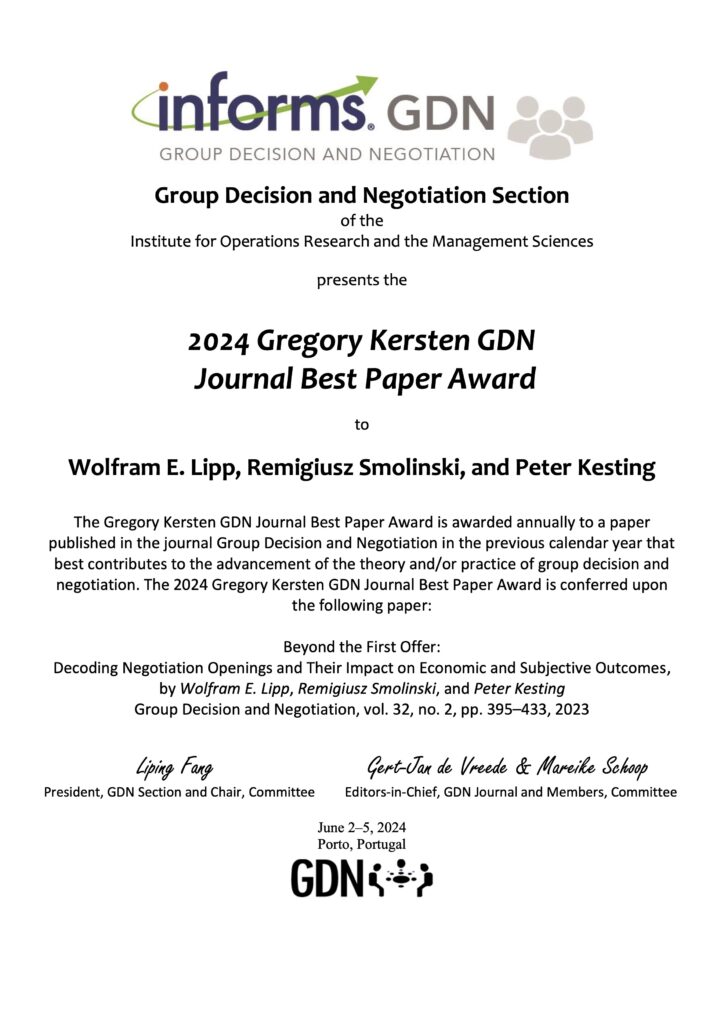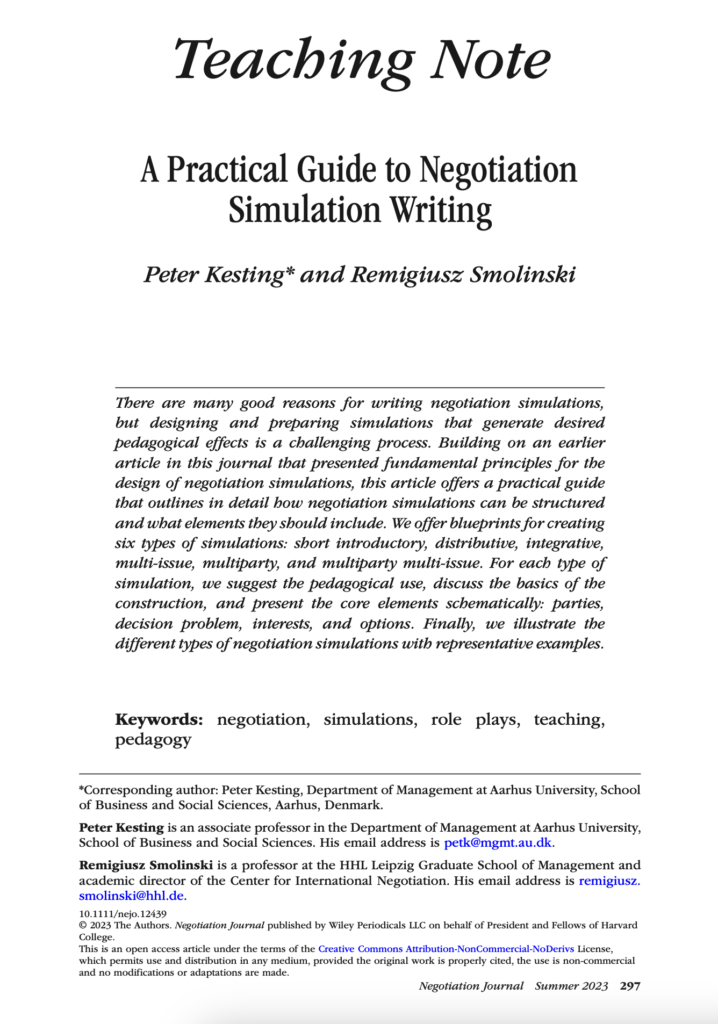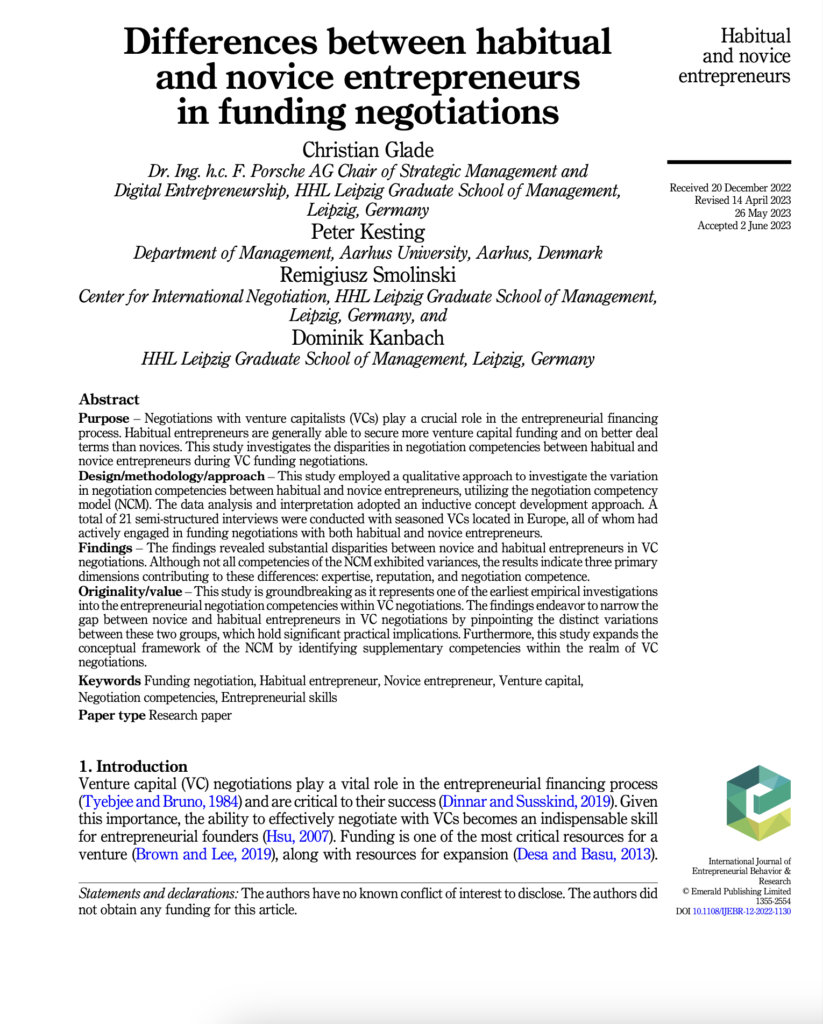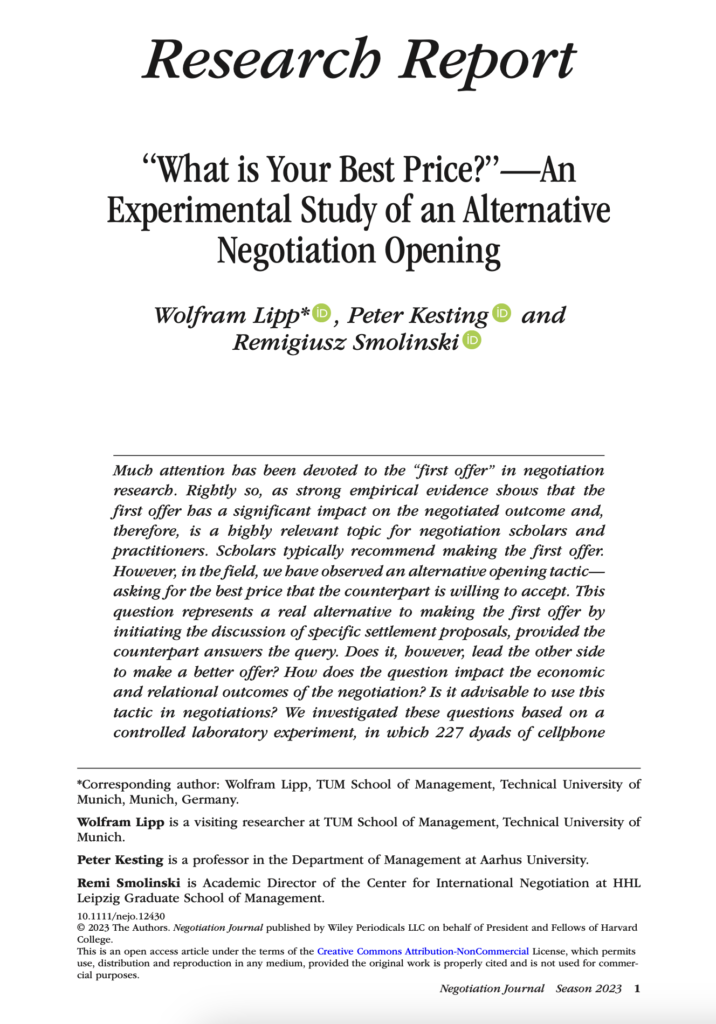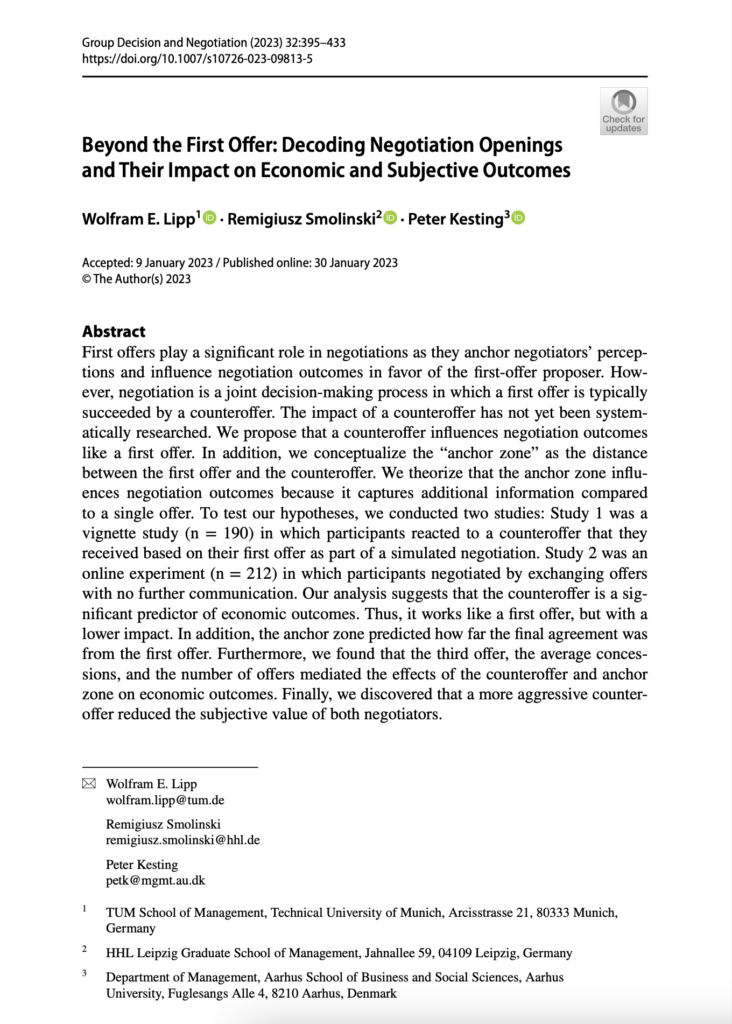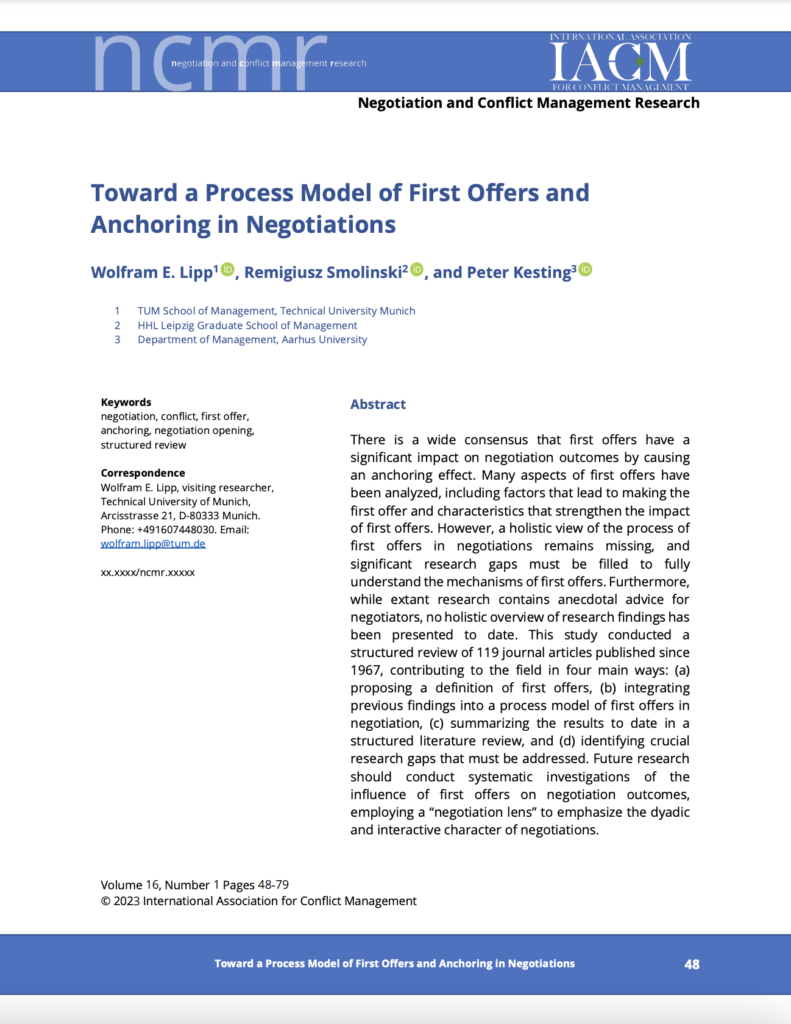Historically, companies have relied on a combination of on-the-job training and workshops with internal or external trainers to develop their employees’ negotiation skills. While these methods offer valuable hands-on experience and expert insights, they often fall short in creating well-rounded negotiators. On-the-job training can be inconsistent and heavily dependent on the availability and expertise of mentors, leading to gaps in knowledge and skill development. Workshops, though beneficial, are typically short-term and lack the continuous practice and feedback necessary for mastery. These traditional methods often fail to keep pace with the dynamic and evolving nature of negotiation, leaving employees unprepared for complex, real-world scenarios. To cultivate effective negotiators, a more holistic and continuous approach is essential, integrating comprehensive training, consistent practice, and participation in negotiation competitions to ensure sustained skill development and adaptability.
Comprehensive Training
The journey to mastering negotiation skills begins with acquiring a robust theoretical foundation. Training programs, workshops, and seminars offer structured learning environments where participants can explore various negotiation strategies, techniques, and frameworks. These programs help individuals organize and enhance their knowledge, providing a deep understanding of effective negotiation behaviors. Through structured training, participants learn to establish and practice these behaviors, fostering confidence and competence. Well-designed, science-based training builds negotiation intelligence and equips participants to approach negotiations with greater effectiveness and strategic thinking.
Consistent Practice
Knowledge alone isn’t sufficient; consistent practice is vital for honing negotiation skills. Engaging in negotiation simulations allows individuals to apply theoretical concepts and gain practical experience. Practice sessions help participants translate their knowledge into actionable skills, refining their techniques through repetition. Developing routines that can be quickly recalled in suitable negotiation situations enhances efficiency and effectiveness. Regular practice improves adaptability, reduces stress, and boosts confidence by familiarizing participants with various scenarios. It also strengthens creativity and improvisation skills, enabling negotiators to think on their feet and devise innovative solutions.
The Negotiation Club is an excellent platform for developing negotiation skills through consistent practice. Offering a variety of interactive sessions based on negotiation cards and other scenarios, The Negotiation Club provides a supportive environment where participants can apply and refine their techniques. Engaging in diverse negotiation exercises helps members build confidence, develop adaptability, and enhance their strategic thinking. Joining The Negotiation Club can elevate your negotiation abilities and make you more effective in achieving successful outcomes.
Negotiation Competitions
Would we truly understand our potential without platforms to showcase our skills? Just as athletes need venues to demonstrate and refine their talents, negotiators need opportunities to practice and showcase their abilities. Negotiation competitions offer such venues, allowing participants to engage in diverse and challenging scenarios, develop their techniques, and gain the confidence needed to excel. These competitions provide unique opportunities to test your skills against skilled negotiators in a competitive setting, benchmark your abilities, and identify areas for improvement. They challenge participants to adapt and think on their feet, fostering strategic thinking and resilience under pressure.
The Negotiation Challenge is one of the most prestigious international negotiation competitions for students and professionals. It offers a unique platform for participants to demonstrate their negotiation skills, engage with complex scenarios, and compete against some of the best minds globally. This respected competition provides invaluable practical experience and fosters a deep understanding of negotiation dynamics across various contexts. By participating in The Negotiation Challenge, individuals can enhance their strategic thinking, build a global network of peers, and gain recognition for their negotiation prowess.
The Importance of an Integrated Approach
Mastering negotiation skills is a continuous journey requiring dedication, effort, and a strategic approach. By focusing on comprehensive training, consistent practice, and participation in negotiation competitions, individuals can continuously develop the expertise needed to manage professional negotiations’ complexities successfully. Each element alone is powerful but incomplete. Comprehensive training provides foundational knowledge, but without consistent practice, this knowledge cannot be effectively applied. Similarly, practice hones skills, but without the challenge and benchmarking provided by competitions, true mastery remains elusive. Only by integrating all three components can negotiators achieve systematic advancements and reach their full potential in negotiation mastery.
